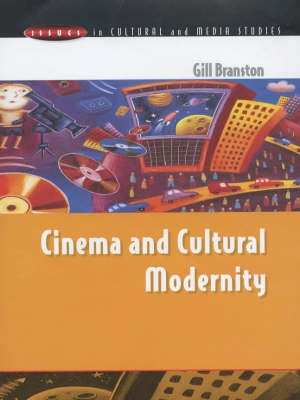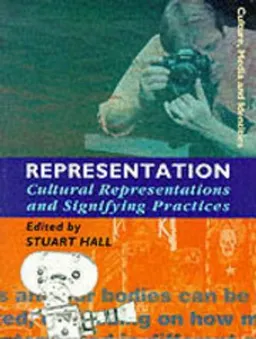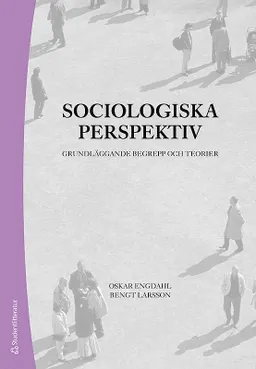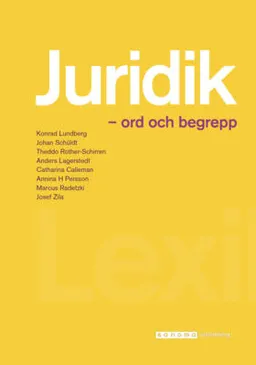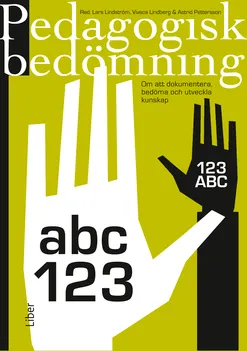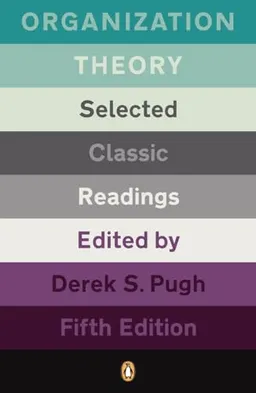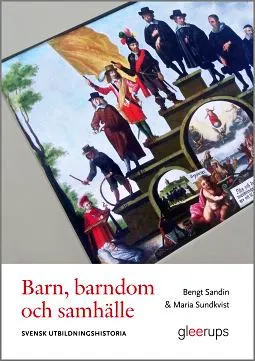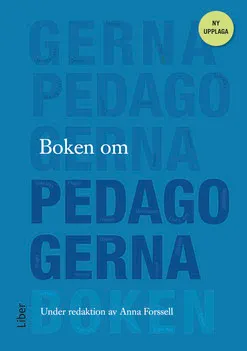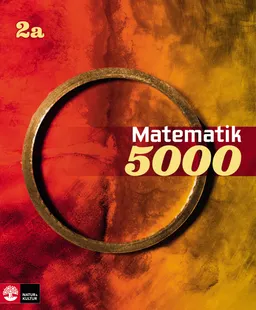* What is the relationship of popular cinema to the concept of 'modernity'? * What now are the key areas of debate which focus the study of cinema and its audiences? * How can we understand the relationship of cinema to both the pleasures of consumerism and the inequalities addressed by critical politics? Cinema and Cultural Modernity carves a lucid path through the central debates of film and cinema studies and explores these in their social and political contexts. The book includes histories of the ways in which we view Hollywood's global dominance, up to the development of late modernity and the declaration of 'postmodernity'. In an accessible fashion, it discusses changing theorizations of the economics, audiences, and fascinations of cinema, addressing concepts such as agency, negotiation and identification, and global 'popularity' within contemporary cultures of celebrity, consumption and the visual. Gill Branston outlines the need for cinema study that is both sensitive to the formal 'textiness' of films, but also less anxious about arguing for its position within broad agendas of representation.At the same time, the author links such areas to both the pleasures of consumption, which cinema so often evokes and embodies, and to the need for a new, critical politics to address the persistent inequalities of modernity, inequalities which still fuel lively interest in questions of representation. The result is an incisive text for undergraduate courses and an essential reference for researchers.
Åtkomstkoder och digitalt tilläggsmaterial garanteras inte med begagnade böcker
